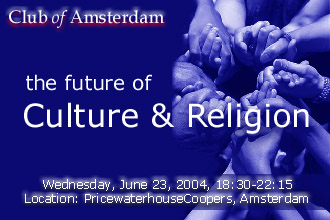by Dae Ryeong Kim
While the history of culture might be as long as the history of human civilization, it was during the nineteenth century that the word, “culture” began to be circulated in its modern sense. Expanding the modern civilization to the world, and facing the strong resistance from traditional cultures throughout the world, the Europeans began to recognize the reality of the diversity of culture. While the Enlightenment had been the force to motivate the Westerners to expand the western civilization to the rest of the world, it was, ironically, this very process of westernalization that has trigged the reaction of the multiculturalism in the western societies in postmodernity.
In order to illuminate the origin of multiculturalism, one needs to explore the post-Enlightenment world first. By the middle of the eighteenth century, Europeans were speaking of their own age as the Age of Reason, the Enlightenment. And this new confidence had explosive power. As Lesslie Newbigin vividly describes it, here was a new prospect for the whole human race. The light that had dawn in Europe now had to be spread throughout the world. The Dark Ages might have passed in Europe, but there were still dark continents where the light had not penetrated. Human reason was essentially the same everywhere, and all human beings, whatever their race or creed, could be taught to share the benefits of its unfettered use. Here was a task worthy of the supreme dedication of the peoples of Europe. In short, Europeans in this century had a motivation to westernize the rest of the world because they found their mission in civilizing the world.
First, however, there was the expansion of modernism in Europe accelerated by the French Revolution. The vision of liberation of the right of every human being to justice and freedom, had to be translated into the realities of politics. “Liberty” and “equality” were the watchwords, with “fraternity” a somewhat muted third cry. France was the first place where the explosion took place, but the Napoleonic wars carried many of the new ideas into the rest of Europe. Nothing in Europe would ever be the same.








Customer Reviews
Thanks for submitting your comment!